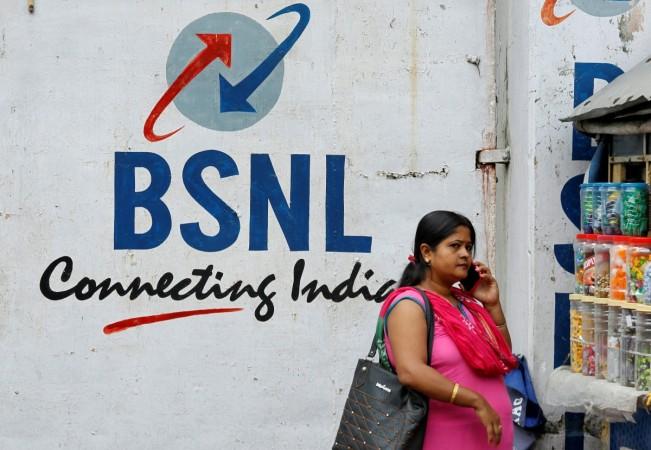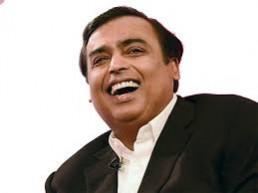
It is bad news for the employees at state-owned Bharat Sanchar Nigam Limited (BSNL) as the telecom firm is planning to sack nearly 54,000 of its workforce post the Lok Sabha elections. The measure comes as a result of various cost-cutting measures recommended by a three-member panel appointed by the central government to trim down the losses of the telecom operator.
The board of the BSNL has accepted the various recommendations of the panel which also include bringing down the age of retirement from the current 60 years to 58 years, the adoption of the voluntary retirement scheme for employees aged above 50 years as well as expediting the allocation of 4G spectrum to BSNL, Deccan Herald reported.
These measures alone would reduce the headcount of the BSNL workforce by 31 per cent from 1,74,312 to 54,450 and save nearly Rs 15,000 crore. However, the state-owned telecom operator would still have to pay nearly Rs 13,000 crore to its employees who opt for VRS. At present, the average age of a BSNL employee is estimated to be 55 years.
The telecom firm is adopting a wait and watch policy till the Lok Sabha elections are out since the sudden announcement of laying off a huge workforce can have implications on the poll results. After the elections, the new government in place would most likely take a call.
However, the worries of BSNL are far from over as its losses continue to pile up since 2015, when the country's richest man, Mukesh Ambani launched the cheapest telecommunication service provider, Jio which has demolished its competitors in the arena. The company's revenue slumped by 20 per cent during 2017-18 at Rs 25,071 crore as against the earnings of Rs 31, 533 crore in 2016-17.

Furthermore, Jio's foray into fibre to the home network has diminished the BSNL's share in the wireline market as the company has seen a continuous decrease in its subscriber base over the last two years. BSNL has struggled to pay the wages of more than 1.5 lakh employees in February. The executive staff strength of the PSU is just 28 per cent while its non-executive employees account for 72 per cent of the total workforce.
The wages and other benefits to its employees accounted for nearly 53 per cent of the BSNL's total revenue in 2018. Over the last decade, the company revenues have fallen by a starking 38 per cent rendering it a sick PSU, according to Business Today.
There is also no official confirmation on the allocation of 4G spectrum to BSNL as the final comments are being awaited from Telecom Regulatory Authority of India.

















